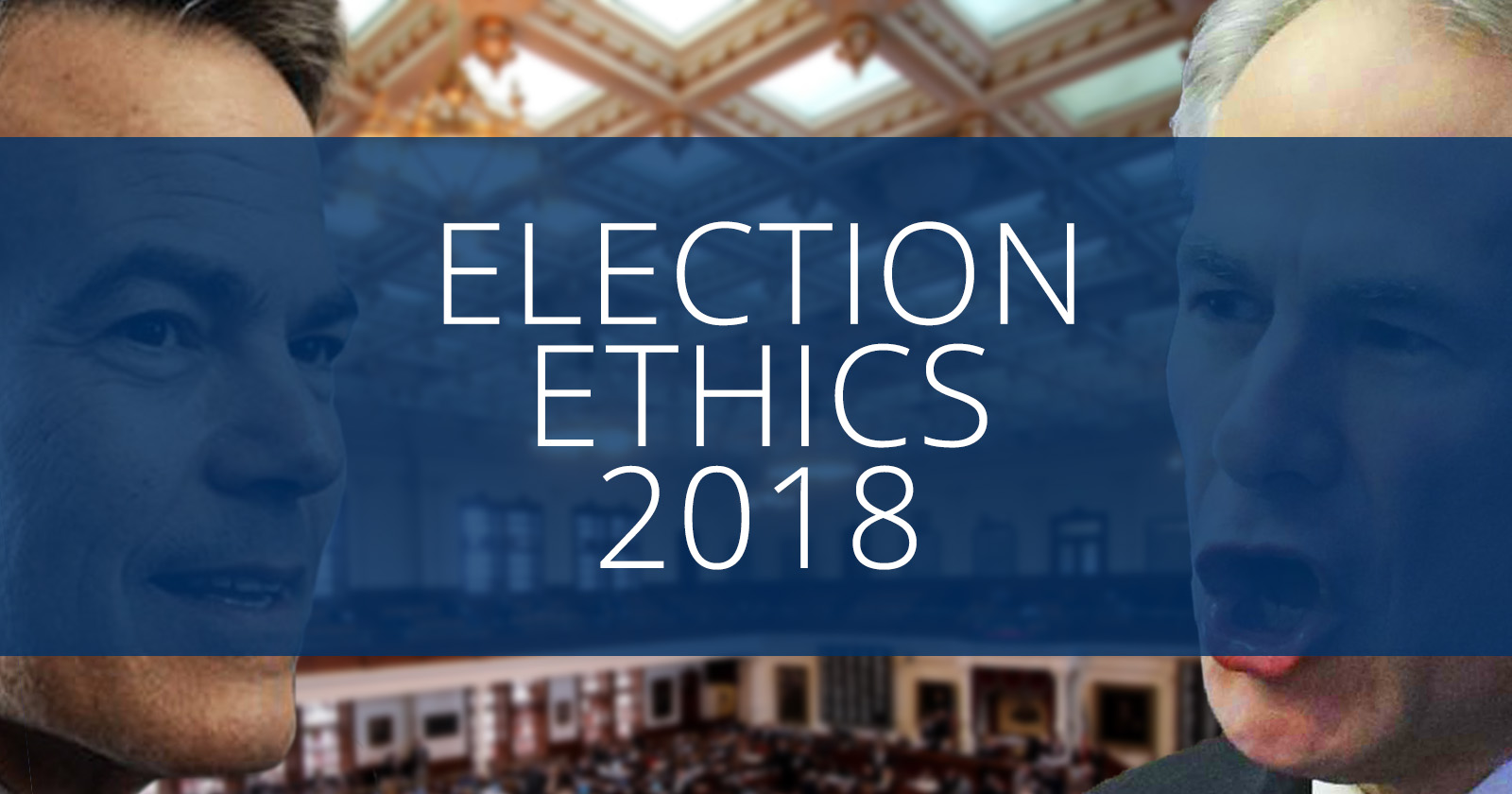By Iylia Marsya Iskandar
The cliché œYour vote counts! is freely thrown around during election time all the while. Hallways are swarmed with oceans of posters and candidates freely showcasing their manifestos. It is common practice to be approached by strangers that are trying to win your perspective to support their campaign.
With the clock ticking, palms sweating, you wait in line to cast your vote because you understand that it is your duty as a student to vote for your representative in a democratic society, you understand that to vote itself is a privilege because your opinion is acknowledged and your voice is heard.
The word œVote triggers different reactions from different people. Some people would avoid the topic completely, reason being that they are not interested in politics. While others might respond to it harshly by voicing out their aggressive opinions on various political issues.
With the annual IIUM Students’ Representative Council Election approaching, it is important to note that this election is parallel to our countrys general election in many ways and the election committee plays an important role in conducting the code of ethics.
The ethics of election comprises of four principles which are:
Transparency
Transparency is a key principle for credible elections. Candidates and voters have the right to know how the election committee conducts its business. All election business should be transparent, whether it is ballot design or the voting system. Providing transparency in an election helps establish trust and public confidence in the process, thus voters would not doubt the voting results.
Integrity
The right to vote in a free and fair election is the most basic civil right. An election committee with a high level of integrity limits opportunities for a committee to act with individual judgement. These opportunities include decisions about when and where the voting will take place and what information is given to a candidate. An election committee should never use their power to show support or oppose a specific candidate.
Competence
There have been elections where too few ballot papers have been available, venue of polling stations was not practical or polling committees were not equipped to meet challenges on Election Day. Election committees should strive their best to be competent in ensuring the voters can vote with ease.
Fairness
Any incidence of electoral fraud must be prosecuted. The election committee should eliminate all threats to fair elections to gain voters confidence and ensure a good voting turnouts.
Similarly, the voters should also comply with the ethics of voting. These are the steps that they should take on polling day:
- Bring along your MATRIC CARD
- Do not forge ballot papers
- Do not start a provocation
- Do not leave the polling station with ballot papers
- Do not loiter the polling station after you have cast your votes
As per the famous quote had said, “Voting is not our right “ it is our power!” Remember to only vote the candidate that you are confident with and to comply with the conducts of the election. Your vote is secret and your choice determines the future of IIUM.
Make sure your voice is heard “ vote! ***
